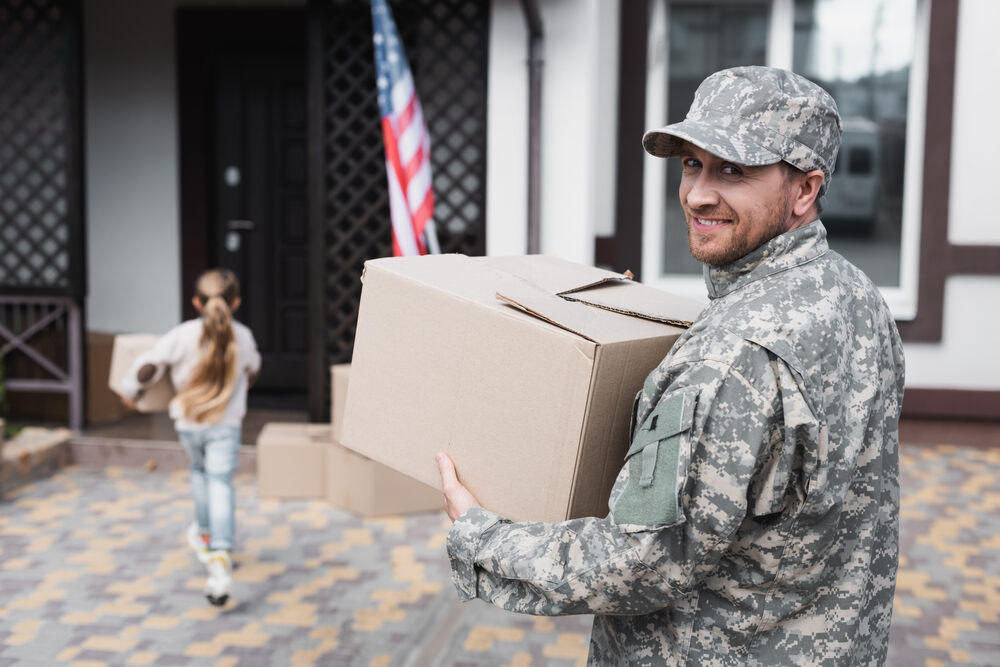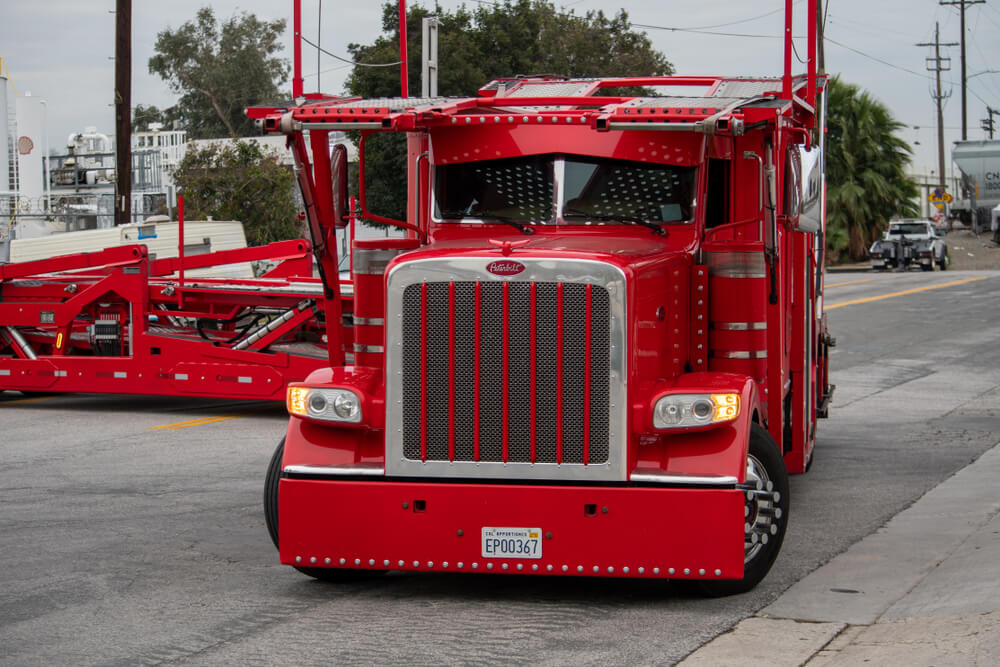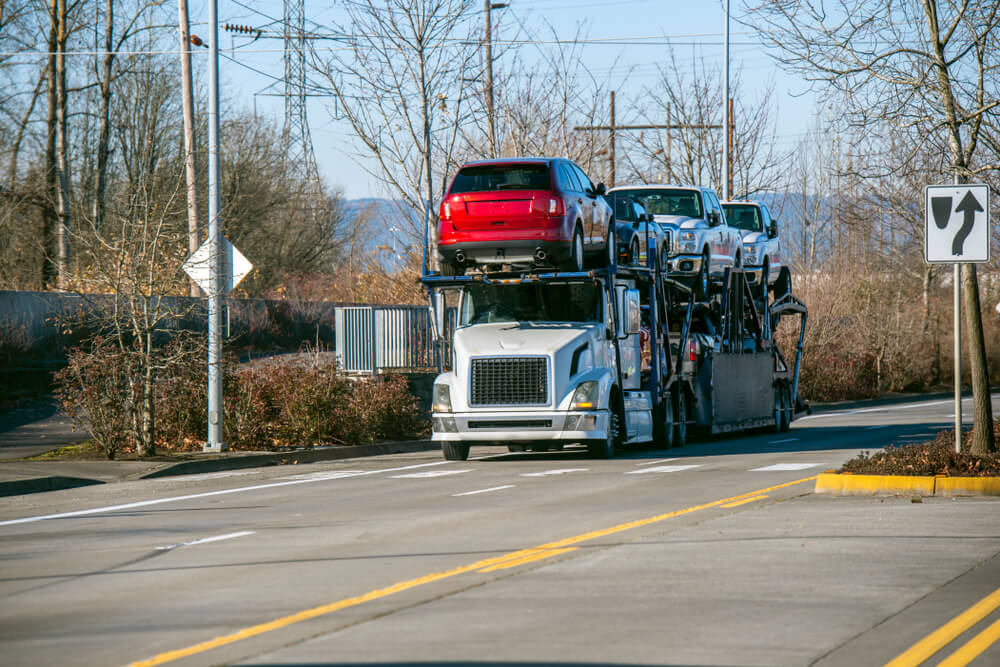Military Relocation: Understanding Spousal Move Benefits

Relocating is a common part of military life, whether it’s due to a Permanent Change of Station (PCS) move or an overseas deployment. Service members and their families often face the challenge of adjusting to new environments and starting over in different locations. One question that frequently arises during this process is, “Will the military pay to move my spouse?” It’s a question many military families ponder when faced with the logistical and financial aspects of moving. The short answer is yes, but will they?
The military provides a variety of relocation assistance for both service members and their dependents, including spouses. However, the specific details and eligibility depend on several factors, such as the service member’s rank, the nature of the move, and the specific policies of the branch they serve in. Let’s explore the different ways the military supports spouses during moves and the factors that influence relocation benefits.
The Basics of Military Relocation Assistance
When a service member receives orders for a new assignment, the military offers a relocation package that covers a wide range of moving expenses. This typically includes transportation of household goods, temporary housing allowances, and travel reimbursements. However, the military’s support for spouses is a bit more nuanced.
Generally, the military will pay for the transportation of a spouse as part of the service member’s official travel orders. This can include travel expenses such as flights, mileage, and even accommodations for the spouse to join the service member at the new location. The military’s priority is to move the service member to their new station, and spouses are included in the travel arrangements to ensure that families can remain together.

Family Travel and Reimbursement
Under the military’s family travel policies, spouses are eligible for travel reimbursement under certain conditions. When the service member moves to a new duty station, their spouse may be authorized to travel with them, and the military will pay for transportation and associated costs. This includes airfare, per diem for meals and lodging, and reimbursement for driving their own vehicle if the move is by car.
It’s important to note that the military will not necessarily pay for the spouse to travel before or after the service member’s official orders. The travel benefits are tied to the official PCS move dates, which means spouses must travel within the timeframes established by the military.
Spouse Employment and Relocation
One concern many spouses face during a PCS move is employment. Relocating to a new area often means leaving behind a job, and finding new employment can be challenging. Fortunately, the military recognizes this concern and offers programs aimed at easing the transition for spouses.
For instance, the Spouse Employment Assistance Program (SEAP) helps military spouses find job opportunities, whether it’s in the local community or through online work options. Additionally, some branches of the military have partnerships with civilian employers or offer job search assistance services specifically for military spouses.
Though the military does not directly pay for a spouse’s employment transition, the support programs can help ease the burden of finding new work after a move. In some cases, there may also be relocation assistance or job training programs available to spouses, depending on the location of the move and the service member’s assignment.

What About Moving Household Goods?
While spouses are often included in the travel portion of a PCS move, the transportation of household goods is typically the responsibility of the service member. The military will pay for the packing and shipping of personal belongings, but this is usually limited to the service member’s own possessions and the spouse’s items.
In cases where the spouse has their own personal belongings, these can be shipped along with the service member’s items. However, there are weight limits to how much can be moved at government expense, and additional items may need to be paid for out of pocket. This includes furniture, electronics, and other personal items not required for the service member’s job.
Moving with Dependents
In situations where the service member has dependents, including children, the relocation benefits extend to them as well. The military will cover travel and housing expenses for the spouse and children, ensuring the family unit can relocate together. Additionally, the military provides special accommodations for children in terms of schooling and healthcare.
Limitations and Considerations
While the military offers significant assistance, there are limitations and considerations that families must keep in mind. For example, there may be restrictions on when and how often a spouse can be moved under military orders. Spouses are typically required to move within the same timeframes as the service member, and any travel outside of those parameters may not be reimbursed.
Furthermore, the type of move also plays a role. If the move is a temporary assignment or deployment, the military may only offer limited travel and moving assistance for the spouse. In such cases, spouses might need to arrange and pay for their own travel if they are not included in the official orders.
Conclusion
Relocating as a military family can be a daunting task, but the military provides substantial support to ensure families can move together. The military will indeed pay to move your spouse under the right circumstances, covering travel expenses and ensuring that families are reunited at the new duty station. However, the extent of that support can vary depending on the specifics of the assignment and the nature of the move.
Service members should always consult their branch’s relocation office or the official moving guidelines to understand the full scope of benefits available to them and their spouses. With the right planning and awareness, military families can navigate the complexities of relocation with confidence and ease.


















